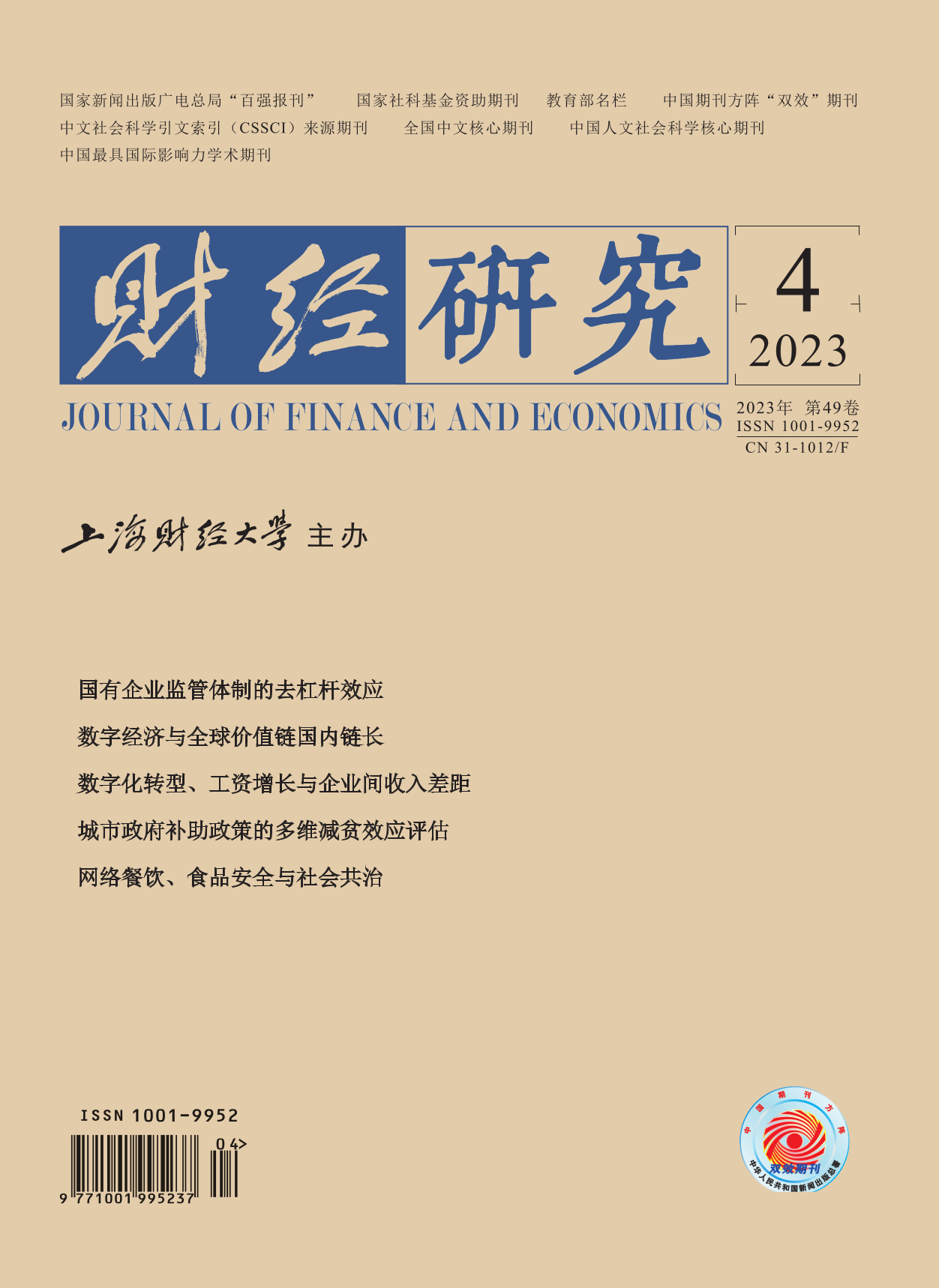The traditional dual system function positioning requires all state-owned enterprises to undertake the functions of sociality and profitability, while the classification reform adheres to the system logic of adapting measures to different types of conditions, and encourages and guides different types of state-owned enterprises to focus on their respective appropriate functional positioning, so that the functional positioning of state-owned enterprises has shown the characteristic of specialization since then. This provides a rare experimental scene for the theoretical community to empirically test the difference between the functional positioning of dualism and specialization.
This paper takes the implementation of classification reform as a quasi-natural experiment, and studies the impact of the specialized functional positioning after the reform on the investment herd behavior of competitive state-owned enterprises. The study finds that the specialized functional positioning significantly inhibits the investment herd behavior of competitive state-owned enterprises, and this inhibitory effect is more obvious in the case of weaker industry product market competition and higher regional marketization. Among them, mitigating the principal-agent problem and promoting the talents of managers are the main influence paths of this inhibitory effect. In addition, the specialized functional positioning also improves the investment efficiency of competitive state-owned enterprises, as the marginal contribution of investment level to the business performance of enterprises has been significantly improved after the classification reform.
From the perspective of functional positioning specialization, this paper reveals the policy effect, mechanism and economic consequences of classification reform affecting micro-firm behavior. It provides important empirical evidence for further deepening the reform of state-owned enterprises and resolving the problem of overcapacity caused by investment herd behavior. Specifically, this paper extracts the following policy implications: First, adhere to the reform logic of state-owned enterprises according to different conditions, and improve the scientificity and pertinence of reform policies. Second, encourage competitive state-owned enterprises to actively undertake specialized functions based on the principle of giving priority to economic benefits, and reasonably increase the proportion of profitability targets in performance assessment. Third, strengthen the prevention of overcapacity risks caused by investment herd behavior, and attach importance to managers’ responsibilities in rational investment decision-making.





 3272
3272  3161
3161

